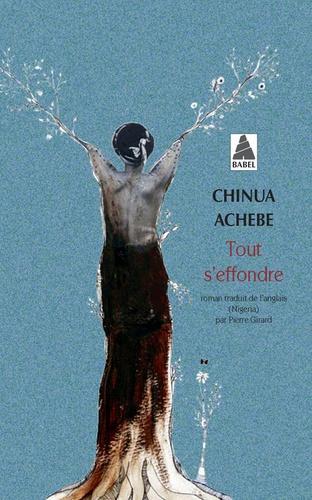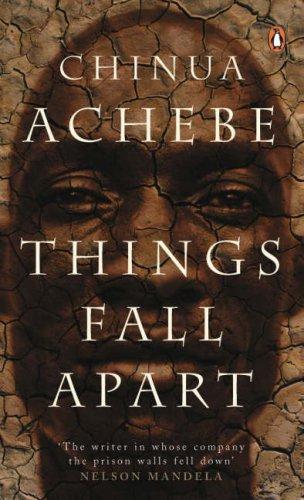Africa's most famous and illustrious black novelist. Nigerian born writer of powerful fiction, poetry, literary criticism, and children's books
Chinua Achebe
Author details
- Aliases:
-
Albert Chinụalụmọgụ Achebe, شينوا أتشيبي،
- Born:
- Nov. 16, 1930
- Died:
- March 21, 2013

